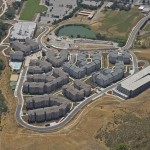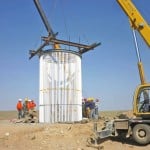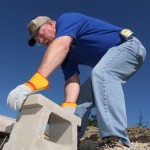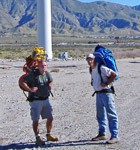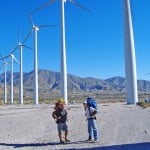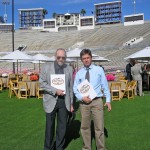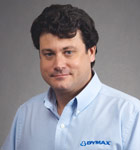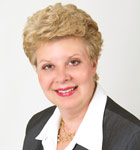Earth Systems is rooted in its community. In fact, the San Luis Obispo, California-based geotechnical-engineering firm has involved itself in its locale since being founded in 1969 by civil engineer Al Gribaldo. “I think that any business needs to be working within their community,” says Michael V. Smith PG, CEG, chairman of the board. “Giving back has always been my philosophy, and that’s [the way it’s been] since Gribaldo, who was a great believer in community service.”
Earth Systems—which primarily engages in geotechnical engineering, geology, environmental site assessments, non-destructive geophysical investigations, and construction materials testing—is made up of four California-based divisions. A new subsidiary, Earth Systems Global, was launched two years ago to handle renewable-energy projects, and it has extended the international reach of the company, which has since completed work across the United States, Canada, China, and Australia.
Company employees also expand its volunteer mission with their time and expertise. “Our culture has always been to be a good corporate citizen,” Smith says. “And that has also included involvement with local community organizations and working with the youth, whether mentoring or helping at schools as volunteers.”
TOP 3 ORGANIZATIONS SERVED
1. Engineers Without Borders
2. Habitat for Humanity
3. YMCA
The company has also donated time and service to nonprofit housing organization, Habitat for Humanity, helping with projects throughout California. Engineers Without Borders also benefited from the Earth Systems’ social-justice agenda, with an employee leading a group of engineering students to Nicaragua to work on a medical facility for a remote community.
And while the community-service agenda is company-wide, Smith says that there is currently no overarching framework dictating where volunteer resources should be channelled. “We leave the local offices to decide their own involvement, and that is usually tailored to the focus of the people in that office,” he explains. “However, we’re in a process of updating our strategic plan, and some of the goals entail more focus on the types of projects and things that we would like to be involved in. I expect we will identify two to three nonprofit organizations to concentrate on as a company, but allow each division to choose their local involvement.”
Even Smith himself gives up time to work with the local Chamber of Commerce Seismic Task Force, the focus of which is to update unreinforced masonry buildings vulnerable to earthquakes. He also mentors at California Polytechnic State University’s business school, preparing students for the business world. “We’re currently working with the three local Rotary clubs to build an outdoor classroom for marine studies at the school district’s science camp,” adds Smith, who is the past president of the San Luis Obispo de Tolosa Rotary Club. “We are donating time, services, and materials testing for that construction.”
When asked about where he finds the time, he laughs: “There are some in the office that ask me the same thing!” It’s been a little easier for Smith since June, when he transitioned into his current position as chairman of the board after 17 years as president and CEO. He passed the baton of leadership to Craig S. Hill, PE, previously president of the company’s Southwest operation. Hill is keen that under his leadership, there should be a “continuation of that vision at the corporate level.”
Besides the nonprofit work, volunteerism in Earth Systems also takes the form of involvement with numerous professional and trade organizations at both state and local levels. Employees and management alike continue to volunteer to sit on state and local advisory committees.
“Craig and I are both past presidents of the Californian Geotechnical Engineers Association (CalGeo),” Smith notes. “I was recently a member of the board of directors for ASFE–The Geoprofessionals Business Association, the national geoprofessional organization, and currently serve as the chair of their Geotechnical Committee.
“All of us carve out a little time for doing this,” he adds, “and we support our employees by helping them to be involved in this kind of work, working with them to allow them the time away. It’s important.”
